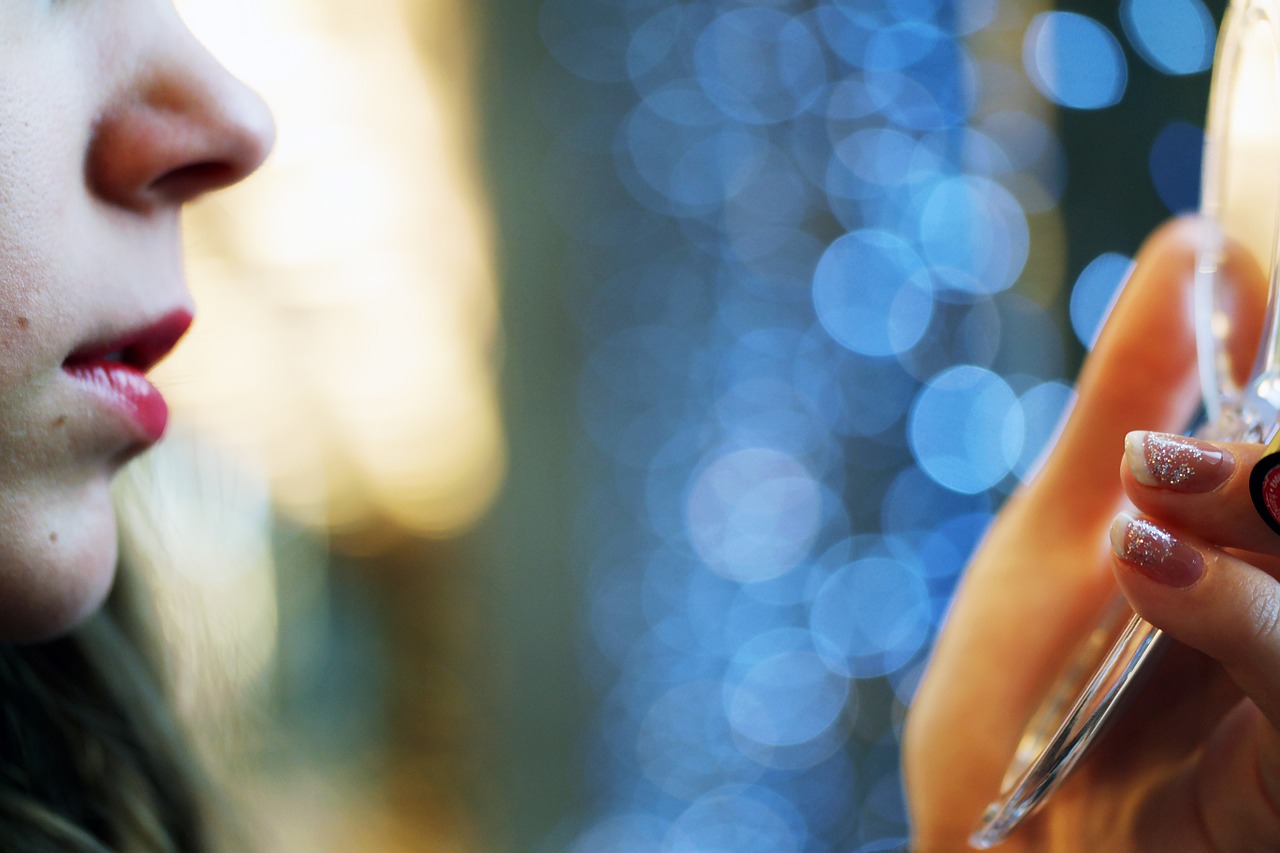- Calls to this hotline are currently being directed to Within Health, Fay or Eating Disorder Solutions
- Representatives are standing by 24/7 to help answer your questions
- All calls are confidential and HIPAA compliant
- There is no obligation or cost to call
- Eating Disorder Hope does not receive any commissions or fees dependent upon which provider you select
- Additional treatment providers are located on our directory or samhsa.gov
Self-Image and Eating Disorders – What We Know

The research is clear that the concepts of self-image and self-view are absolutely related to eating disorders. Self-image refers to the way that we view ourselves, our personality, our appearance, and our choices and how this impacts our self-view and role in the world.
It is not surprising, then, that eating disorders and self-image are interconnected, as eating disorders often involve considerations of the same aspects.
Factors such as low self-esteem or negative self-image not only act as vulnerability factors, making individuals more likely to develop an eating disorder but also serve to maintain existing disordered eating behaviors [1].
An individual that does not think very highly of, or actively dislikes, themselves is more likely to engage in behaviors intended to alter their personality or appearance in order to feel more conventionally worthy.
With this clear relationship between eating disorder development and psychology and self-image, researchers wondered how exactly this impacted treatment and performed a study attempting to determine just that.
 Researchers used the Structural Analysis of Social Behavior (SASB) – Introject method to analyze self-directed behaviors related to self-esteem, that is, how they treat themselves as a result of interpersonal learning [2].
Researchers used the Structural Analysis of Social Behavior (SASB) – Introject method to analyze self-directed behaviors related to self-esteem, that is, how they treat themselves as a result of interpersonal learning [2].
The SASB looks at two aspects – Affiliation (love vs. attack) and Autonomy. The combination of these two factors results in specific behaviors or skills categorized as – self-emancipate, self-affirm, self-love, self-protect, self-control, self-blame, self-attack, and self-neglect [2].
While describing specifically how this tool is measured, the study provided an example of how it can increase insight, sharing that if an individual reports autonomy combined with self-love, they are more likely to feel spontaneous and free exploring their feelings needs and wishes “whereas control combined with attack form excessive adherence to both internal and external rules, and harsh self-criticism [2].”
Through these examinations, the study found that individuals with high initial self-love and low self-attack/self-blame had more positive outcomes 12 months after beginning treatment [2].
Essentially, this study confirmed that treatment outcomes can be more successfully predicted based on an individual’s relationship with themselves and the dynamics of that relationship.
Not only that, the complexity of the SASB showed which specific factors were important for positive treatment outcomes of specific eating disorder diagnoses. For example, for individuals with Anorexia Nervosa, baseline self-love plays a crucial role [2].
 For Bulimia Nervosa, self-attack and self-love played an important role in explaining the variance between individuals and outcomes [2].
For Bulimia Nervosa, self-attack and self-love played an important role in explaining the variance between individuals and outcomes [2].
Clearly, the nuances of self-image, self-view, and self-love play an important role not just in predicting the development of an eating disorder, but, in predicting the success of eating disorder treatment.
Eating disorder providers can use these results in their treatment by implementing those therapeutic interventions that increase self-love and decrease self-attack earlier in treatment for better overall outcomes.
References:
[1] Smith, M. H. (2019). Towards an understanding of self-esteem and eating disorders. Center for Change, retrieved from https://centerforchange.com/towards-understanding-self-esteem-eating-disorders/. [2] Mantilla, E. F., Norring, C., Birgegard, A. (2019). Self-image and 12-month outcome in females with eating disorders: extending previous findings. Journal of Eating Disorders, 7:15.About the Author:
 Margot Rittenhouse, MS, PLPC, NCC is a therapist who is passionate about providing mental health support to all in need and has worked with clients with substance abuse issues, eating disorders, domestic violence victims, and offenders, and severely mentally ill youth.
Margot Rittenhouse, MS, PLPC, NCC is a therapist who is passionate about providing mental health support to all in need and has worked with clients with substance abuse issues, eating disorders, domestic violence victims, and offenders, and severely mentally ill youth.
As a freelance writer for Eating Disorder Hope and Addiction Hope and a mentor with MentorConnect, Margot is a passionate eating disorder advocate, committed to de-stigmatizing these illnesses while showing support for those struggling through mentoring, writing, and volunteering. Margot has a Master’s of Science in Clinical Mental Health Counseling from Johns Hopkins University.
The opinions and views of our guest contributors are shared to provide a broad perspective on eating disorders. These are not necessarily the views of Eating Disorder Hope, but an effort to offer a discussion of various issues by different concerned individuals.
We at Eating Disorder Hope understand that eating disorders result from a combination of environmental and genetic factors. If you or a loved one are suffering from an eating disorder, please know that there is hope for you, and seek immediate professional help.
Published December 23, 2019, on EatingDisorderHope.com
Reviewed & Approved on December 23, 2019, by Jacquelyn Ekern MS, LPC

The EatingDisorderHope.com editorial team comprises experienced writers, editors, and medical reviewers specializing in eating disorders, treatment, and mental and behavioral health.

